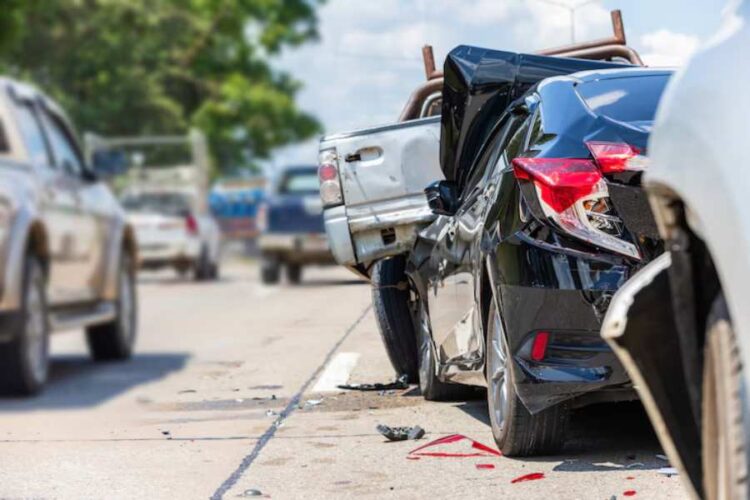Car accidents are overwhelming. In the moments after a crash, emotions run high, decisions get rushed, and it’s easy to make choices that can seriously affect what happens next. While every situation is different, there’s one mistake that shows up time and again — and it’s something you can easily avoid if you know what to watch for.
Let’s break it down so you can protect yourself, stay calm, and make smart moves after an accident.
The Biggest Mistake: Admitting Fault Too Soon
The most common mistake people make after a crash is immediately apologizing or admitting fault — even when the full situation isn’t clear yet. It’s human nature to want to say “I’m sorry” when something bad happens, but after an accident, those words can be used against you.
Insurance companies and lawyers will look at everything said at the scene. Even a simple apology can be twisted into an admission of guilt, which could hurt your chances of getting fairly compensated. This doesn’t mean you should be rude or uncooperative — it just means you should be careful with your words.
If you’re unsure how to navigate the legal side of things after a crash, reaching out to an experienced office like Palermo’s Riverhead office can make all the difference. They understand the ins and outs of accident claims and can help you protect your rights from the very start.
What to Do Instead: Stay Calm and Stick to the Facts
After an accident, your goal should be to stay calm and gather as much information as possible — without offering opinions or guesses about what happened. Here’s a quick guide to help you:
- Check for injuries. Prioritize health first. Call emergency services if anyone is hurt.
- Move to safety. If it’s safe, move your vehicle out of traffic to avoid further accidents.
- Call the police. Always report the accident, no matter how minor it seems.
- Exchange information. Share your name, contact info, insurance details, and vehicle information with the other driver(s).
- Take photos. Document vehicle damage, license plates, the surrounding area, and anything else that might be helpful.
- Speak carefully. When talking to police or others involved, describe facts only. Stick to basic details like “My car was hit on the driver’s side” instead of “I must have pulled out too fast.”
Why Admitting Fault Is a Trap
It’s natural to assume you know what caused the crash. But right after an accident, you don’t have the full picture. There could be factors you don’t see — like another driver running a red light, a mechanical failure, or poor road conditions.
By apologizing or making guesses about what happened, you might unintentionally take responsibility for something that wasn’t entirely your fault. That can lead to:
- Lower insurance payouts (or none at all)
- Difficulty getting your vehicle repaired
- Increased insurance premiums
- Potential legal issues down the road
That’s why it’s smarter to say less at the scene and let the investigation reveal what actually happened.
Other Smart Moves to Make After a Crash
Besides avoiding the blame game, there are a few more ways to protect yourself:
- Get medical attention. Even if you feel okay, some injuries (like whiplash or concussions) don’t show up right away.
- Notify your insurance company. Report the accident, but again, stick to the facts. Don’t speculate about fault.
- Document everything. Keep a personal file with photos, medical records, police reports, and notes about the accident.
- Consider legal advice. If there’s any chance you might be blamed unfairly or if injuries are involved, having a lawyer in your corner can save you a lot of stress.
Wrapping It Up
A car crash can turn your day upside down — but a few smart choices can make the road to recovery much smoother. If you remember nothing else, remember this: after an accident, be polite, be helpful, but don’t admit fault. Focus on staying calm, getting help where needed, and letting the facts speak for themselves.
Small actions in those first few moments can have a huge impact later. Stay safe, stay smart, and know you have options if you need support.










